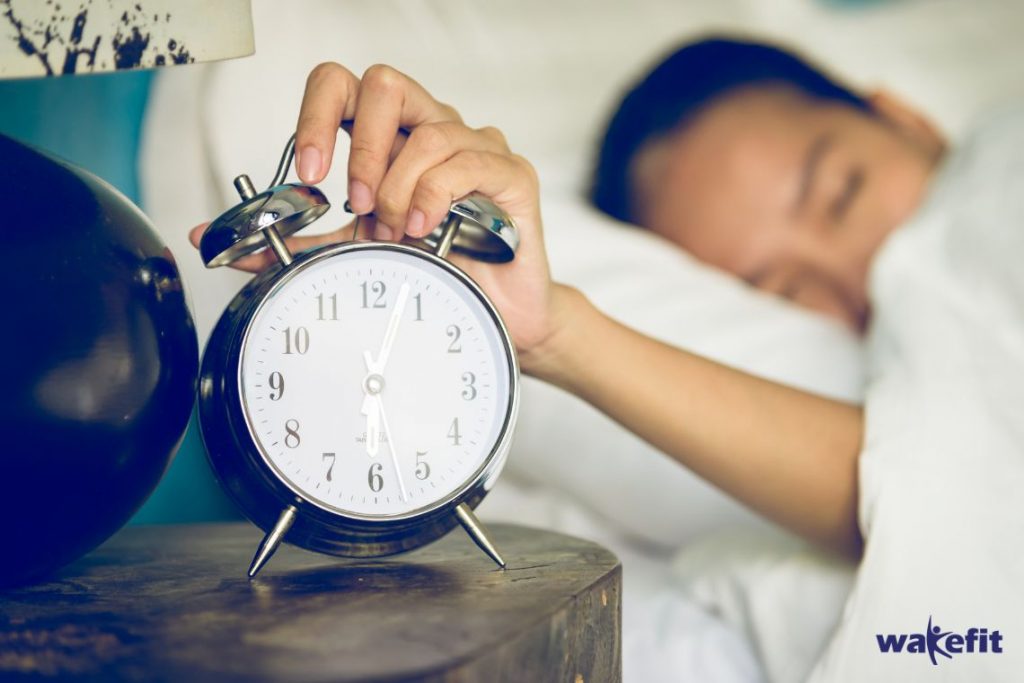The ultimate sleep lessons you missed out on.
Many people tell us that they get their 8-hour sleep almost every night, and yet, they wake up feeling anything but fit.
Where are they going wrong?
There are a lot of studies that go into sleeping well, lessons, and sleep routine that most of us don’t pay attention to but should.
Today, let us go through these timeless teachings once more to sleep better and wake up healthier, shall we?
Sleep Hygiene You Need To Memorize For a Healthy And Sound Sleep
1. Keep your face towards the sun
Exposing yourself to early morning sun rays can help you sleep better, say experts.
The circadian rhythm is responsible for telling our bodies when it is time to wake up and when it’s time to sleep. Natural light helps the rhythm to work properly.
The sleep study conducted on adults has shown that people who exposed themselves to two hours of bright light during the day found their sleep quality improved by 80 percent.

2. Keep your face away from screens at night
While light exposure works well to keep us awake during the day, its exposure hampers sleep at night for the very same reason.
It tricks our brain into thinking it is still daytime and we need to stay awake. As a result, it negatively affects the circadian rhythm and, over a period of time, wreaks havoc on the sleep cycle.
So whatever best sleeping positions you follow, ensure your face is away from screens of all sorts at least an hour before bed.

3. If you want deep sleep, stop taking it lightly
From the colors in your bedroom to the sheets you use and the kind of sleep mattress you have invested in, everything becomes important to your sleep routine.
According to sleep experts from around the globe and surveys conducted across space and time, the colors that work in the bedroom and help with your sleep include lavender, light blue, pastel green, and warm orange. The hues that don’t work are brown, deep purple, and red.
When it comes to your bedroom essentials, pay attention to the kind of mattress you need. Do you have back issues? What is the kind of thickness or firmness do you prefer? What is the ideal mattress size for you?
These questions must not be neglected if you want to pass the test! 😉
4. Avoid caffeinated drinks at night
Studies have shown that having a cup of coffee even six hours before sleep can hamper sleep hygiene and quality.
Coffee stimulates the nerves and helps us remain awake – again, a very undesirable effect when you are trying to sleep.
It is suggested that if you really feel like indulging in a cup of coffee in the evening, go for a decaffeinated cuppa.

- Have a fixed sleep schedule
This one’s a toughie! In today’s world, having a specific sleep routine can be quite an ordeal, but it is a small price you should be willing to pay if you want healthy sleep.
Having irregular sleep patterns worsens sleep quality, studies have shown. On the contrary, waking up naturally in the morning after a sound sleep (without an alarm clock) at a particular time improves the quality of sleep drastically.
Pro-tip: Try to stay as close to the weekday sleep cycle as even during the weekends if you truly madly deeply care about your sleep.

- Sleep rituals go a long way
Having a sleep ritual has helped a lot of people improve their sleep cycle and get healthy sleep.
This ritual could include anything from body massages to reading a book. Some people even try a 20-minute meditation session before hitting the bed to calm the mind. Drinking a cup of chamomile tea is one of the easiest yet super effective ways to enhance sleep.
These sleep routine lessons that you may have missed out on before if religiously followed even now can bring you an unimaginable good sleep.
Frequently Asked Questions
1. What is the best way to correct my sleeping routine?
Changing bedtime habits is one of the best ways to correct the sleep routine. Go to bed and wake up at the same time every day. Sleep not more than 8 hours, and avoid heavy meals, exercise or screen time at least a few hours before bed. Avoid smoking, alcohol or caffeine in the evening.
2. How do I change my sleeping routine in a week’s time?
Shift your clock a week before you want to change your sleep schedule. Go to be 15 minutes early each day. Avoid caffeine a few hours earlier than normal and avoid intense exercise, consuming alcohol or smoking. Even if you are tired, wake up once the alarm goes off.
3. What is the secret to getting sound sleep at night?
Sticking to a sleep schedule and learning how to destress are the secrets of getting sound sleep.
4. How can I improve sleep hygiene?
Consistently following a sleep schedule, even on weekends and holidays, avoiding stimuli like alcohol, caffeine, smoking and heavy exercise, along with how to relax, are some of the ways to improve sleep.
5. What is your sleep hygiene routine?
Going to bed at the same time and waking up at the same time, even on holidays and weekends, is the right sleep hygiene routine.
6. What are the best hours for a healthy sleep?
8 pm to 12 am is the best hours for healthy sleep. But since family, work schedule and biology dictates sleep, getting 8 hours of sleep and following a proper sleep routine is important.




No Comments